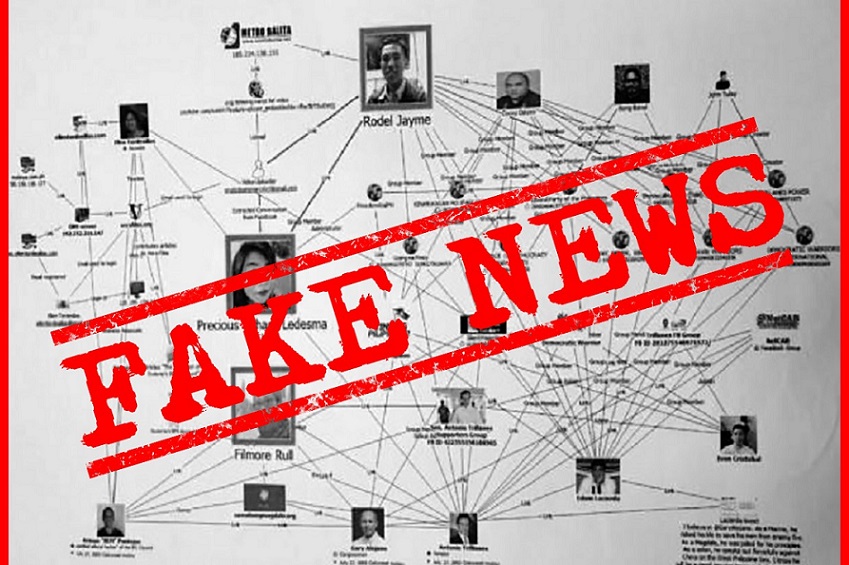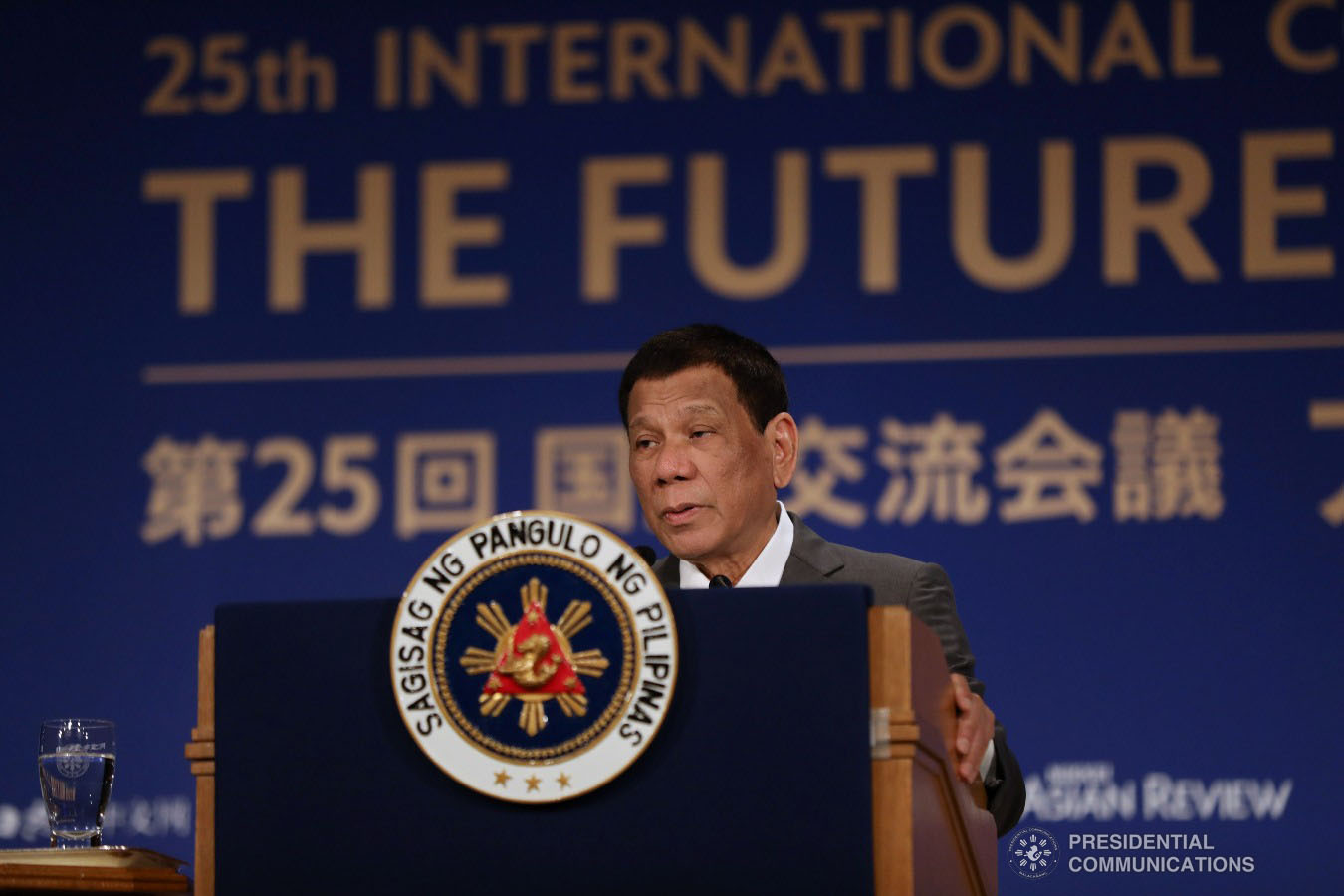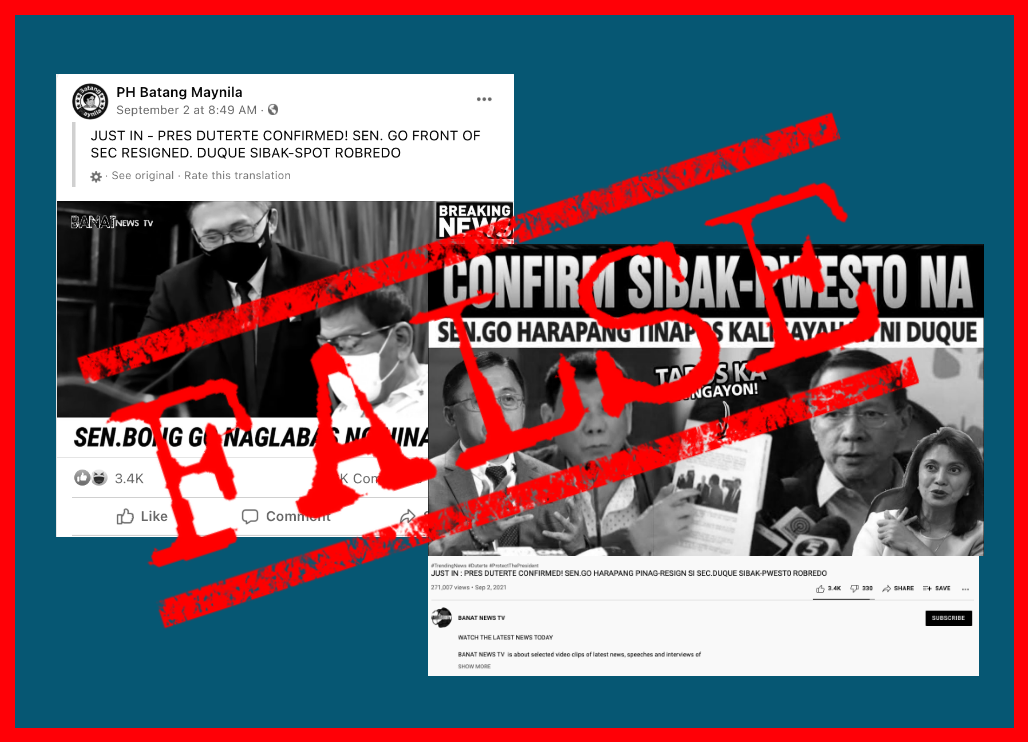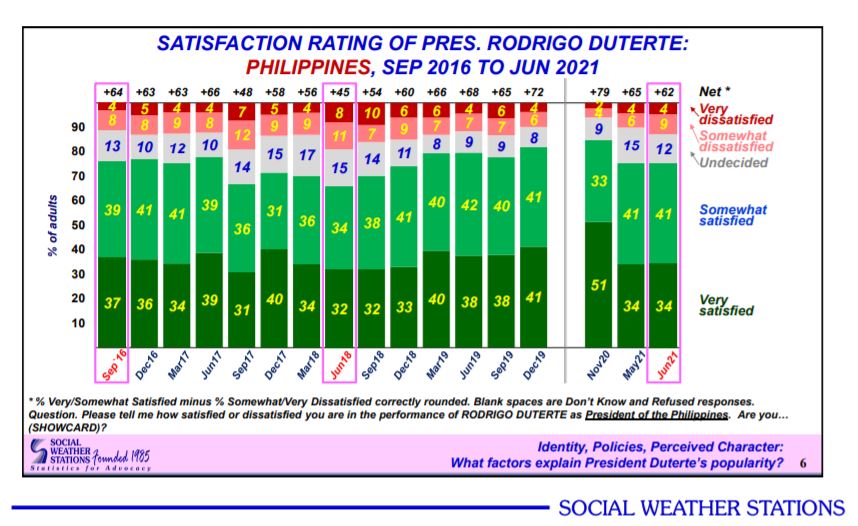The Senate Blue Ribbon Committee appears to have struck the big issue to prove that the Duterte administration’s fight against corruption is a farce. And President Rodrigo Duterte’s efforts to discredit the Senate probers indicate that the Palace is in panic mode, attempting to abort a deeper investigation into the P8.7-billion procurement contract with a company with “questionable” qualifications.
The committee, chaired by Sen. Richard “Dick” Gordon, is investigating Pharmally Pharmaceutical Corp.’s supply of P8.68-billion worth of personal protective equipment (PPE) and other medical supplies for the Department of Health (DoH).
The deal was part of the P67.32-billion deficiencies that the Commission on Audit flagged in the DoH’s spending of the COVID-19 response funds.
The testimonies of businessman Michael Yang, Duterte’s former economic adviser; and Linconn Ong, one of the top officials of Pharmally, in last Friday’s online hearing of the Blue Ribbon Committee had several inconsistencies and unbelievable claims, making it obvious that they were not telling the truth.
That’s why the committee had to declare them in contempt for being evasive and moved for the issuance of a second order for their arrest. The Senate earlier issued a warrant of arrest against Yang, Ong and four other Pharmally officials for skipping the Senate hearings despite the subpoenas issued against them.
Ong has been placed on house arrest as he is positive for COVID-19. Senate security officers were sent to Ong’s residence to make sure that he will stay there until the warrant is lifted. Yang, who attended the hearing virtually from a hotel in Davao City, has yet to be taken into Senate custody.
Yang, speaking through an interpreter, told senators that he was not involved with Pharmally and that he only introduced its officials to suppliers in China. He claimed to have learned about Pharmally’s existence only through the media.
But as the hearing progressed, the senators spoke one after another, noting that Yang was not telling the truth after Pharmally president Huang Tzu Yen admitted that the former presidential economic adviser had funded some of the company’s purchases from their suppliers.
The source of Yang’s money lent to Pharmally has yet to be established. Some quarters have raised the possibility of dirty money being laundered through the procurement deal.
It’s not only a question of how Pharmally – registered with the Securities and Exchange Commission on Sept. 4, 2019 with a paid-up capital of P625,000 and had reported a net loss of P25,550 the same year – managed to obtain apparently with ease a multibillion-peso contract with the government that raises eyebrows. What’s more surprising is how President Duterte defends and justifies the deal and, at the same time, tries to destroy the credibility of the senators investigating it.
Duterte’s reaction to the Senate investigation shows his disrespect not only for a coequal branch of government but also for the legislative oversight function. It is likewise contradictory to the policy of transparency and accountability as well as his repeated promise to rid the government of corruption.
From the initial hearings of the Senate, it was obvious that the PPE supplied by Pharmally, a company without a track record, to the Procurement Service of the Department of Budget and Management (PS-DBM) were overpriced.
According to Sen. Franklin Drilon, a member of the Blue Ribbon Committee, Pharmally generated a gross profit of P393 million and a net income of P265 million in 2020 after getting the procurement contracts with the DBM.
Face masks, he cited, were priced at P27.72 when other suppliers sold the same to the PS-DBM for P13.50, P16 and P17.50 during the same period. Test kits were sold at P1,720 each when they could be bought at P925 while PPE was pegged at P1,910 when the market cost was only P945.
Quite obviously, Yang took advantage of his friendship with Duterte to bag the supply contract at a time when rigid requirements for public bidding were lifted in view of the COVID-19 emergency. Worse, Duterte is allowing the transaction, which Gordon has described as “premeditated plunder” to push through.
The Senate probe has barely scratched the surface of the multibillion – and possibly trillion-peso – deals involving funds appropriated through the Bayanihan Acts 1 and 2. The little time left before the campaign period for the May 2022 elections may not even be enough to dig deeper into the questionable spending of the COVID-19 response funds. For sure, this will be a major campaign issue that may break Duterte’s attempt to remain in power beyond June 30, 2022 despite his age and apparent poor health.
The views in this column are those of the author and do not necessarily reflect the
views of VERA Files.
This column also appeared in The Manila Times.




